


739 Posts

December 19, 2017
Coping with grief during the holidaysAttempting to deal with the upcoming holidays while coping with grief can feel daunting, but there are a few ways to prepare yourself.
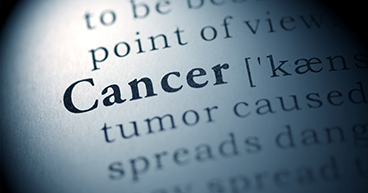
December 14, 2017
What's the difference? Cutting through the cancer confusionLearning the language of cancer can be difficult. For many patients and caregivers, it’s a jumbled mix of Immuno-this and onco-that.
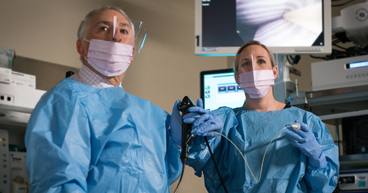
December 2, 2017
Tracking technology helps cancer doctors find their wayUsing procedures such as navigational bronchoscopy and fiducial marker placement, doctors may be able to reach the furthest recesses of the lungs to help locate and mark tumors that may otherwise be out of reach, except through traditional surgery.
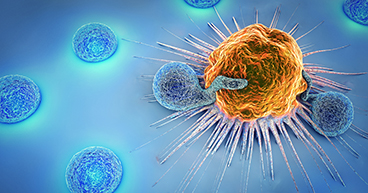
November 30, 2017
How does cancer do that? Flipping the immune system's off switchRegulatory T-cells are critical in preventing autoimmune disease, by stopping the body from attacking itself and helping to keep it in healthy working order.

November 28, 2017
With women drinking more alcohol, experts worry about the effect on cancer riskResearch has found that alcohol's negative effects harm women more than men, which is especially worrisome considering other trends that show women today are drinking more than ever.
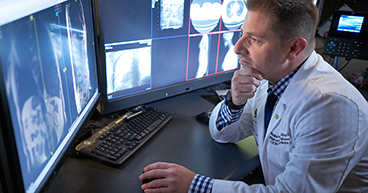
November 16, 2017
Are recent drug approvals a turning point in the lung cancer battle?Many experts believe they're witnessing a turning point in the fight against lung cancer.

November 14, 2017
Using integrative therapies to help manage side effects of cancer treatmentWhen you’ve been diagnosed with cancer, it’s natural to feel as if you have little control over your health, and many patients are willing to try anything to rid their body of cancer.
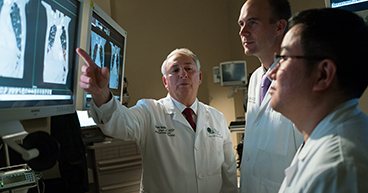
November 2, 2017
Screening for lung cancer like we do for colon and breast cancer? The time has comeNovember’s designation as National Lung Cancer Awareness Month offers a timely opportunity to continue a national conversation about the need for early detection and screening.

October 31, 2017
Doctor finds common ground for art and science—in humanityOn the corner of art and science, an intersection where disparate crafts commonly collide, you'll find Mashiul Chowdhury, MD, Director of Infectious Disease Control at Cancer Treatment Centers of America® (CTCA).
Guidelines
The information contained in this blog is not intended nor implied to be a substitute for professional medical advice. Always seek the advice of your physician or other qualified health provider prior to starting any new treatment or with any questions you may have regarding a medical condition. Nothing contained in the blog is intended to be used for medical diagnosis or treatment of any illness, condition or disease.